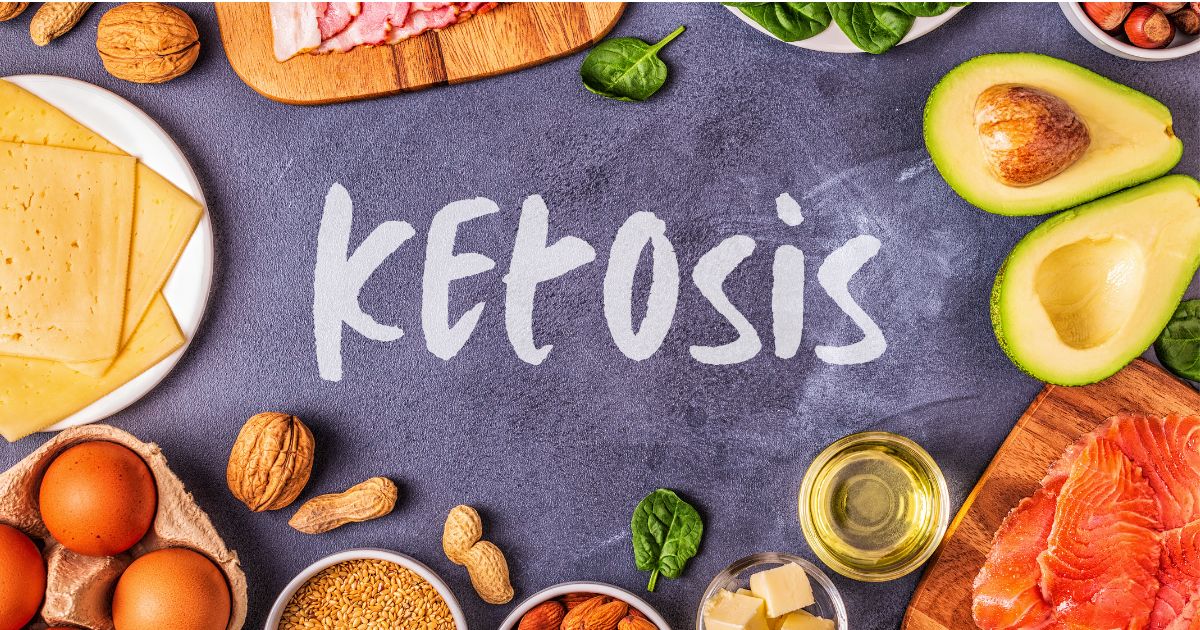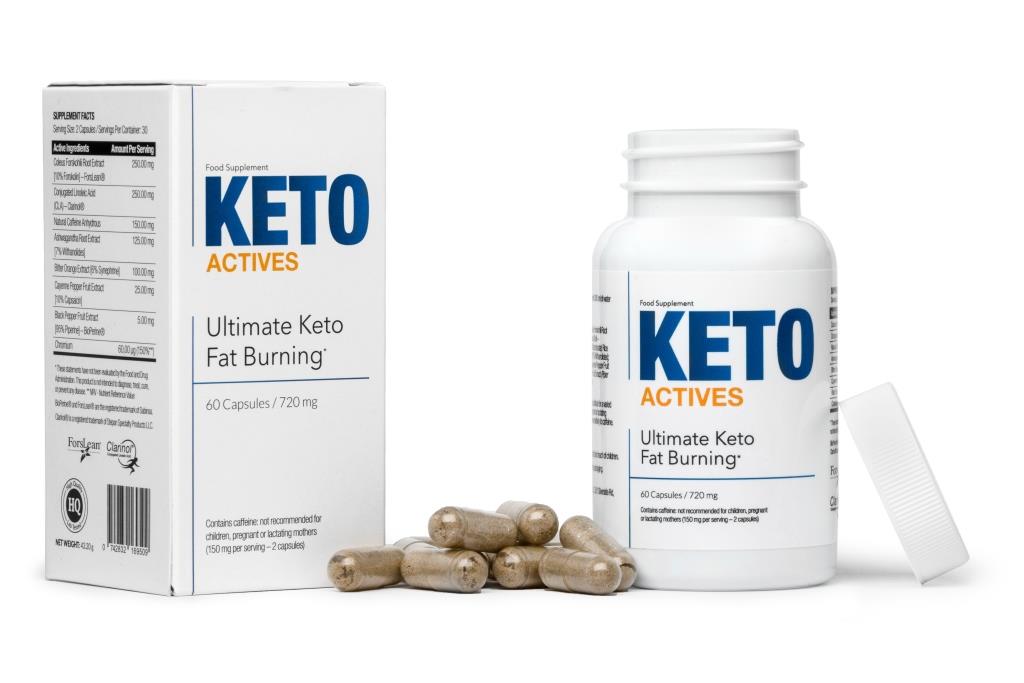This site contains product affiliate links. We may receive a commission if you make a purchase after clicking on one of these links.
What is Ketosis?
Ketosis is a metabolic process that occurs when the body does not have enough glucose for energy and burns stored fat instead. This process produces a type of fuel known as ketone bodies which can be used by the body for energy.
When it comes to weight loss, ketosis can be a useful tool. It works by decreasing the body’s need for glucose and encouraging the body to burn fat instead. This can lead to weight loss and improved health.
The key to successful weight loss with ketosis is following a low-carbohydrate diet. By limiting the amount of carbs you eat, your body will be forced to use stored fat for fuel.
Benefits of Ketosis
Ketosis is a metabolic state in which your body burns fat for energy instead of glucose. It can be achieved by following a low-carb, high-fat diet. Ketosis has a number of potential benefits, which includes:
- Increased Energy: The process of ketosis helps to increase your energy levels by providing your body with an alternative source of fuel. When you are in a state of ketosis, your body will break down fat molecules into ketone bodies, which are then used by the cells in your body as a source of energy. This can help to boost your energy levels and allow you to stay productive throughout the day.
- Improved Brain Function: Research has shown that ketosis can help to improve cognitive function and focus. The ketone bodies that are produced during ketosis are known to improve communication between neurons in the brain. This can help to improve memory, focus and overall cognitive performance.
- Better Appetite Control: The process of ketosis can help to reduce cravings and can help to improve your overall sense of satiety. This can help to prevent overeating and can help to reduce your caloric intake.
- Reduced Inflammation: The ketone bodies that are produced during ketosis help to reduce inflammation in the body. This can help to reduce pain and can also help to improve overall health.
- Improved Weight Loss: When you are in a state of ketosis, your body will be burning fat for energy rather than carbohydrates. This can help to reduce your overall body weight and can help to improve your overall health.
How to Achieve Ketosis ?
Ketosis is a metabolic state in which the body uses fat as its primary source of energy instead of carbohydrates. To achieve this, you must reduce your carbohydrate intake and increase your fat intake.
You can also try intermittent fasting, which involves cycling between periods of eating and fasting. You should increase your physical activity, as exercise helps to burn more fat and reduce your body’s reliance on carbohydrates.
Finally, it is important to drink plenty of water to stay hydrated and help your body enter and maintain ketosis.
How Long Does It Take To Get Into Ketosis ?
It typically takes a few days to several weeks to get into and stay in ketosis, depending on the individual.
The time it takes to get into it varies from person to person and depends on their current diet and lifestyle. Generally, it takes about 2-7 days for someone to get into ketosis if they are following a ketogenic diet.
If someone is following a low-carbohydrate, high-fat diet, they may be able to get into ketosis faster. Additionally, if someone is fasting or exercising regularly, they may also get into it faster.
In order to get into ketosis, it is important to limit carbohydrates, increase fat intake, get enough sleep, and stay hydrated. Additionally, it can be helpful to track ketone levels in the blood or urine to ensure that you achieve your goal.
Tips For Successful Weight Loss While In Ketosis
- Eat a balanced diet: Eating a balanced diet of healthy fats, protein, and low-carb vegetables will help maintain your ketosis and ensure you’re getting the nutrients you need.
- Track your macros: Tracking your macronutrient intake is essential for successful weight loss while in ketosis. Aim for a macronutrient ratio of 70% fat, 25% protein, and 5% carbs.
- Exercise regularly: Regular exercise can help increase fat burning and boost your ketone levels, which can help increase weight loss.
- Drink plenty of water: Staying hydrated is important for overall health and can help support your weight loss efforts.
- Get enough sleep: Getting enough sleep can help reduce stress and improve your energy levels, which can help with weight loss.
- Stay consistent: Consistency is key when it comes to weight loss, so make sure to stick to your plan to maximize your results.
The Safety And Side Effects
While there are many potential health benefits associated with a ketogenic diet, there are also some safety considerations to be aware of.
The most known common side effect is known as the “keto flu,” which is caused by the body’s adaptation to a new fuel source. Symptoms of the “keto flu” include fatigue, headache, nausea, and muscle cramps. These symptoms usually resolve within a few days, however, as the body becomes more accustomed to burning fat for fuel.
In addition, some individuals may experience an electrolyte imbalance while in ketosis, which can lead to dehydration and muscle cramps. To prevent this, it is important to consume adequate amounts of electrolytes, such as sodium, potassium, and magnesium. Additionally, staying hydrated by consuming plenty of water is important.
Although the ketogenic diet has been studied for its potential health benefits, it is not recommended for people with certain medical conditions, such as type 1 diabetes, pancreatitis, and thyroid disorders.
Conclusion
Ketosis is a metabolic state that can be beneficial for achieving weight loss goals. By following a ketogenic diet, individuals can increase their body’s use of fat for energy, resulting in weight loss.
Ketosis help stave off hunger and cravings, making it easier to stick to a diet and reach weight loss goals.








Nice content sir 🙂
Thank You